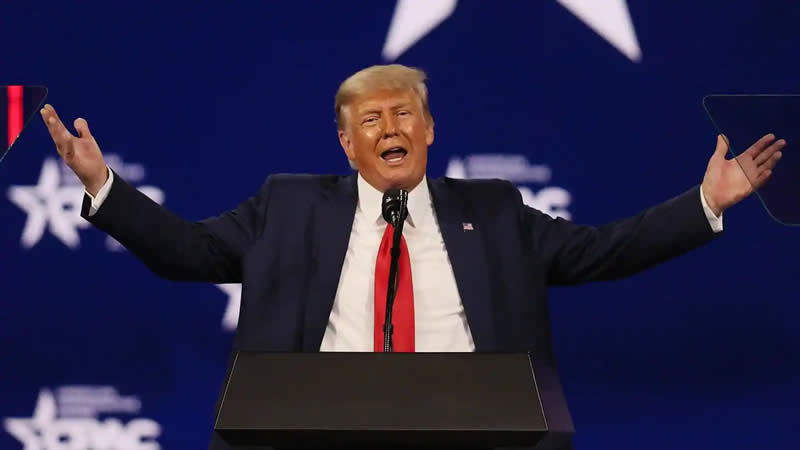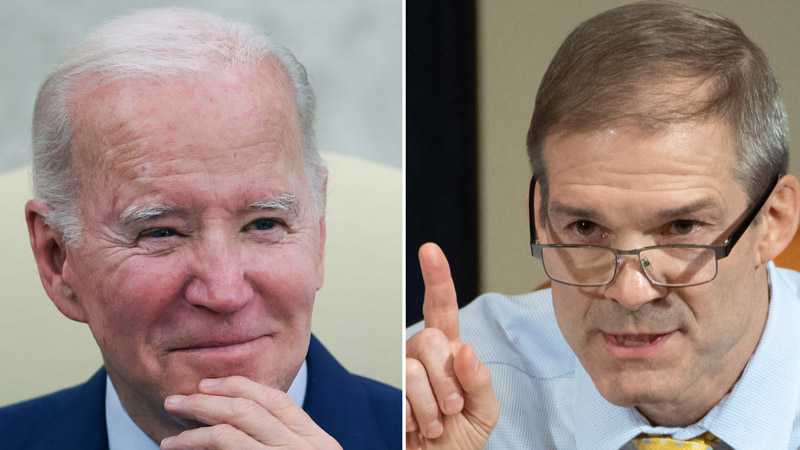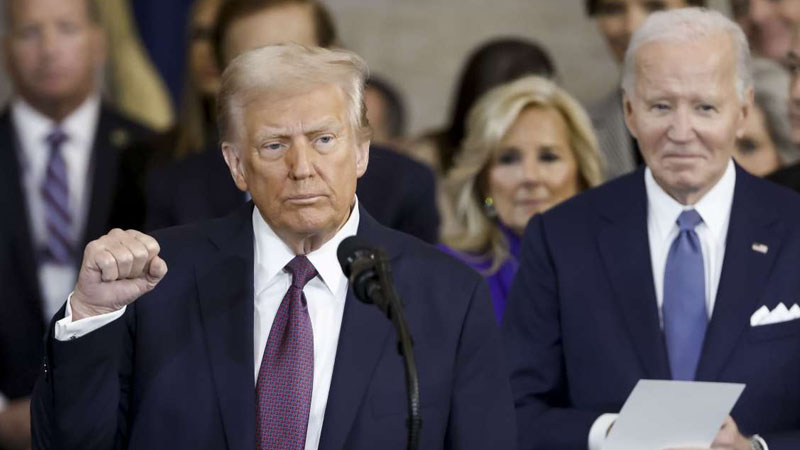Experts Raise Concerns Over Donald Trump’s Mental Decline and Potential Dementia Signs

Regency. (AFP)
The mental health and cognitive abilities of Donald Trump have come under increasing scrutiny, with some experts pointing to signs of potential mental decline. Notably, Dr. Elizabeth Zoffman, a forensic psychiatrist with a position as an Associate Clinical Professor of Forensic and General Psychiatry at the University of British Columbia, has expressed concerns about the former president’s mental state, suggesting it may be more serious than previously thought.
Dr. Zoffman’s observations stem from a range of symptoms that suggest a possible diagnosis of Behavioral Variant Fronto-Temporal Dementia (FTD), a condition known for affecting parts of the brain that largely govern personality, behavior, and language. Dr. Zoffman has highlighted several troubling signs in Trump’s behavior and speech patterns, including his increasing difficulty in forming coherent sentences and maintaining focus on a single topic without the aid of a teleprompter.
But, in an interview with Salon’s Chauncey Devega, Zoffman noted her “observations are garnered from viewing the phenomenon of Mr. Trump for the past decade. Also, observations from viewing old videotape interviews and coverage of Mr. Trump as a younger man form part of my impression that Mr. Trump might benefit from a thorough evaluation by a neuropsychiatrist with expertise in neurodegenerative disorders.”
This has been accompanied by a noticeable disinhibition and a lack of control over verbal expressions, which are symptomatic of significant cognitive impairment. Such symptoms, according to Dr. Zoffman, are indicative of FTD, a diagnosis that relies heavily on behavioral observations and reports from those close to the individual in question.
The concerns about Trump’s cognitive health are not isolated to Dr. Zoffman. Other psychiatrists have also raised alarms over his speech patterns, particularly his use of inappropriate word substitutions and the production of nonsensical words, a condition known as paraphasia. These observations have been detailed in various reports, including one in Salon, which brought these issues to the forefront of public discourse.
Combined with other issues, she stated, “My clinical experience and these collected observations are congruent with the diagnostic criteria for Behavioral Variant Fronto-Temporal Dementia (FTD). People presenting with such a cluster of observations should undergo expert assessment. This diagnosis is often largely based on external observations and collateral reporting from others close to the person.”
When questioned about the potential for recovery or reversal of the symptoms Trump is displaying, Dr. Zoffman provided a sobering outlook. She explained that FTD is a progressive neurodegenerative disorder that not only leads to a continuous decline in mental functioning but also significantly reduces life expectancy. She emphasized that her assessments, combined with those of other mental health professionals, strongly advocate for a comprehensive evaluation by a neuropsychiatrist specialized in diagnosing and managing neurodegenerative diseases.
Noting that Trump doesn’t appear to be dangerous, she elaborated, “In Mr. Trump’s case, the overall picture is consistent with Behavioral Variable Fronto-Temporal Dementia (with the caveats mentioned about needing a thorough evaluation including an MRI brain scan.) The associated disinhibition exposes unfortunate aspects of his personality and worldview where he repeatedly dehumanizes anyone he sees as ‘the other.'”
Dr. Zoffman’s call for thorough testing and assessment underscores the gravity of the situation and the importance of addressing these concerns with the seriousness they warrant. It highlights the need for a nuanced understanding of the former president’s health and the potential implications it may have, not just for him personally but also for public discourse and the perception of leadership health standards.


